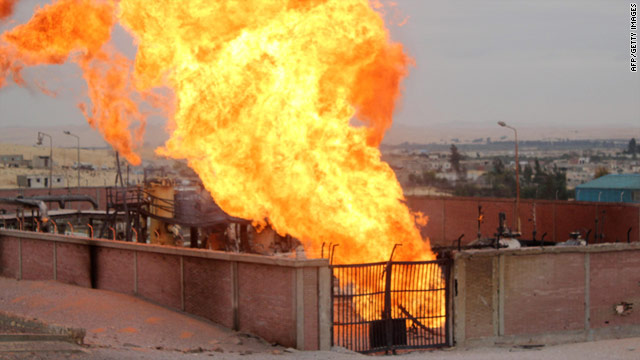Allowing the pound to depreciate was a near-necessity, given the significant pressure on the Central Bank of Egypt’s (CBE) reserves and an uncompetitive export sector. FocusEconomics panellists expect the exchange rate to remain broadly stable at around EGP 18/USD this year and next, although the pound could strengthen marginally as the current account deficit shrinks, according to FocusEconomics economist Oliver Reynolds.
Reynolds told Daily News Egypt that inflation will remain elevated for some time to come, as the recent supply-side shocks continue to feed through to prices. However, the CBE has hardly been sitting on its hands, and the aggressive rate hikes observed at the last two monetary policy meetings should ensure headline inflation takes a downward path going forward.
Reynolds said that tightening the monetary screw is vital in the face of still-high inflation, especially as recent fuel subsidy cuts and electricity tariff hikes could stoke inflationary pressures further in the short term. However, communicating with agents clearly in order to manage inflation expectations is also paramount; in this regard, the CBE recently announced monetary policy framework and an explicit inflation target of 10-16% by the fourth quarter (Q4) 2018 will certainly help.
Reynolds added that public debt is still painfully high, and the budget deficit is large. Thus, the government will need to continue along the road of fiscal consolidation, while aiming to meet demands for greater social spending to ease the issue of high inflation.
He noted that the Egyptian government hasn’t been beating around the bush, and reforms have been coming thick and fast in recent months. The upshot is largely positive. The CBE’s reserves have strengthened significantly, business confidence is on the rise and the fiscal deficit is gradually being tamed.


